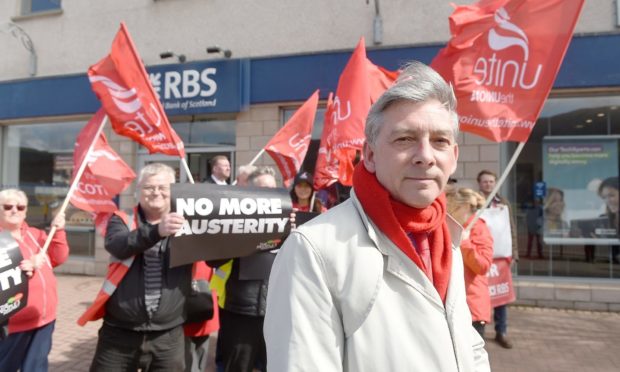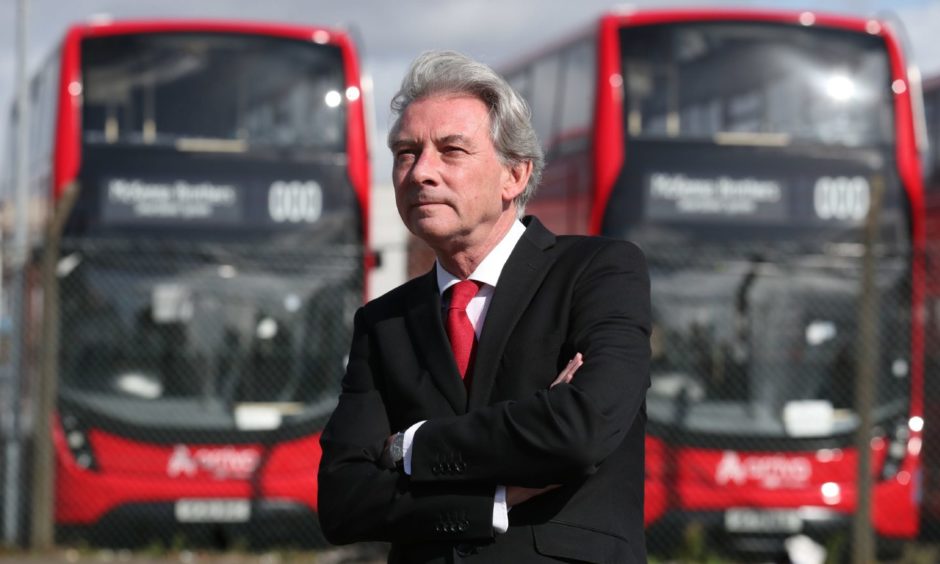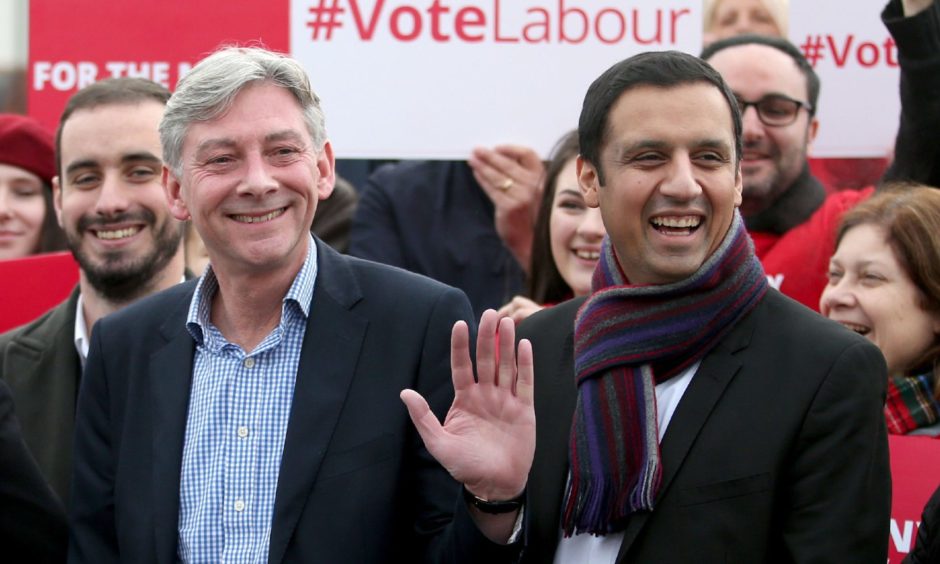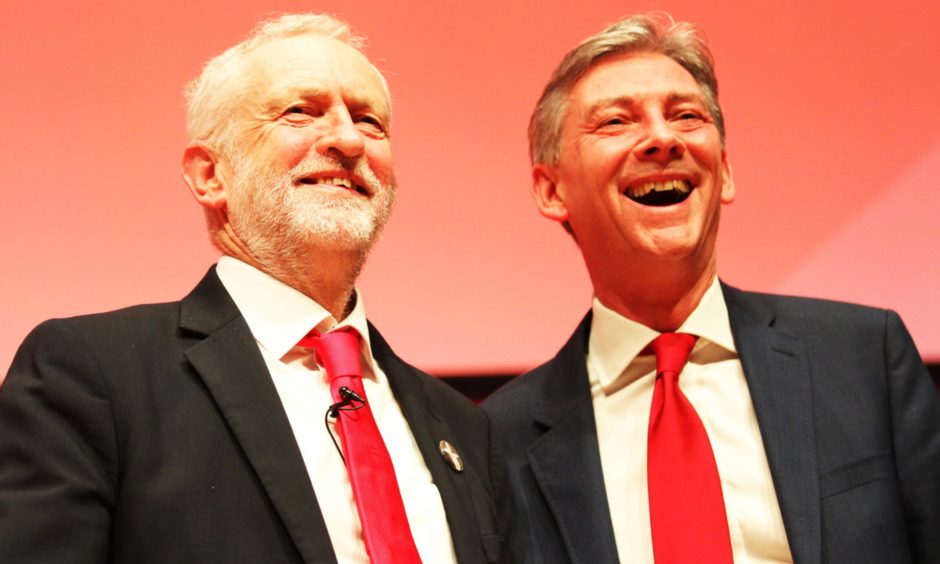Richard Leonard had diagnosed the dilemma facing Scottish Labour a long time before he found himself hastening its decline as leader.
He was serving as a regional organiser for the GMB trade union back in 2013 when he began to realise the damage Labour’s “Better Together” alliance with the Conservatives would do to the party he loved.
“Let’s get out of the slipstream of the nationalists and the unionists and be ourselves,” he said, a year and a half before the independence referendum of 2014.
“It’s no good simply saying what we are against, we need to tell people what we are for.”
It is testament to the scale of the challenge he identified at the time that Mr Leonard’s own political career has now come crashing down as a result of his inability to do what he himself recommended eight years ago.
Born and raised in Yorkshire, Mr Leonard’s father was a Labour-supporting tailor.
He moved north in 1980 to study politics and economics at Stirling University, where he was president of the students’ association, and was a contemporary of future Labour first minister, Jack McConnell.
Mr Leonard actively supported the cause of the miners at protests after university, and spent five years working with Labour MEP Alex Falconer, before serving for another five years as head of economics at the Scottish Trades Union Congress, and then for two decades with the GMB.
In 2011 he unsuccessfully stood in the Carrick, Cumnock and Doon Valley seat at Holyrood, losing out to the SNP’s Adam Ingram, but Mr Leonard made it to the Scottish Parliament five years later, as a list MSP in Central Scotland.
Little more than a year later, the relatively unknown politician was thrust into the spotlight following the sudden resignation of Scottish Labour leader Kezia Dugdale.
Lothian MSP Neil Findlay, a left-wing allay of Mr Leonard, was initially considered the favourite for the post, but surprised many by ruling himself out of the running.
The decision cleared the way for Mr Leonard to join the contest, and he announced his candidacy with an article that praised the agenda of the party’s Westminster leader, Jeremy Corbyn.
“It is now time to set out our vision of a more equal Scotland with full employment, funding quality public services, providing dignity for our OAPs and hope for our young,” he said.
Mr Leonard defeated Anas Sarwar in November 2017, but his victory was immediately overshadowed after news broke that Ms Dugdale would be appearing on the TV show I’m a Celebrity… Get Me Out of Here!
More unwanted headlines followed after the man seeking to be the next Scottish first minister remarked that he would always support England at football and rugby if they were playing Scotland.
Mr Leonard moved Scottish Labour to the left, in line with the UK party under Mr Corbyn, but was quickly dubbed the “invisible man” of Scottish politics as he struggled to cut through.
Poor performances at first minister’s questions followed, as did criticism over his failure to resolve the future of nine suspended councillors in Aberdeen, and the uncertainty over Labour’s position on a second independence referendum, which was repeatedly undermined by interventions from senior figures in the UK party’s shadow Cabinet.
Then, in September 2018, Mr Leonard controversially backed a decision by Labour to cut funding to Ms Dugdale for her defence in a defamation case following a legal claim by blogger Stuart Campbell, of Wings Over Scotland.
Critics of the move were purged in a reshuffle, leaving senior figures on the “moderate” wing of the party on the sidelines, including Mr Sarwar and Jackie Baillie.
Ballot box beatings
Pressure only grew on Mr Leonard in 2019 after muddled messaging over the party’s stance on Brexit led to a disastrous European election showing in which Labour lost its two seats in Scotland.
And in December of 2019, Labour then lost six of its seven Westminster seats as it recorded its worst result in Scotland at a UK election since 1910.
Throughout last year, he resisted calls to step down, surviving an attempted coup in September in which four of his MSPs and several senior party figures demanded his resignation.
“I firmly believe that I am the best person to lead us into next year’s elections with a plan for jobs and real economic and social transformation, which I know is shared by Keir Starmer,” he said at the time.
The public disagreed, with polls continuing to show that he remained the “invisible man” of Scottish politics, including one published a few hours before his resignation on Thursday.
With an election just four months away, it will now fall to someone else to try to achieve what Mr Leonard advised in 2013, and find a way to communicate to voters what Scottish Labour is for today.




